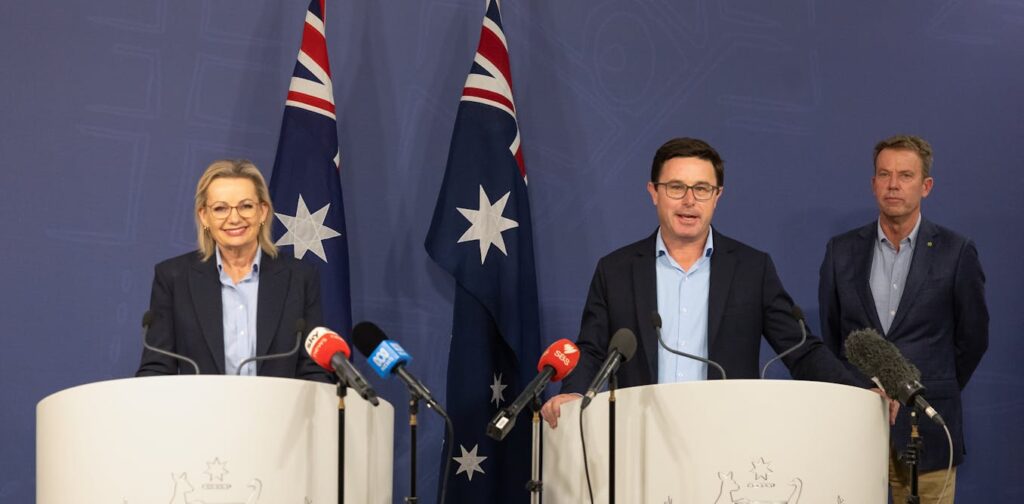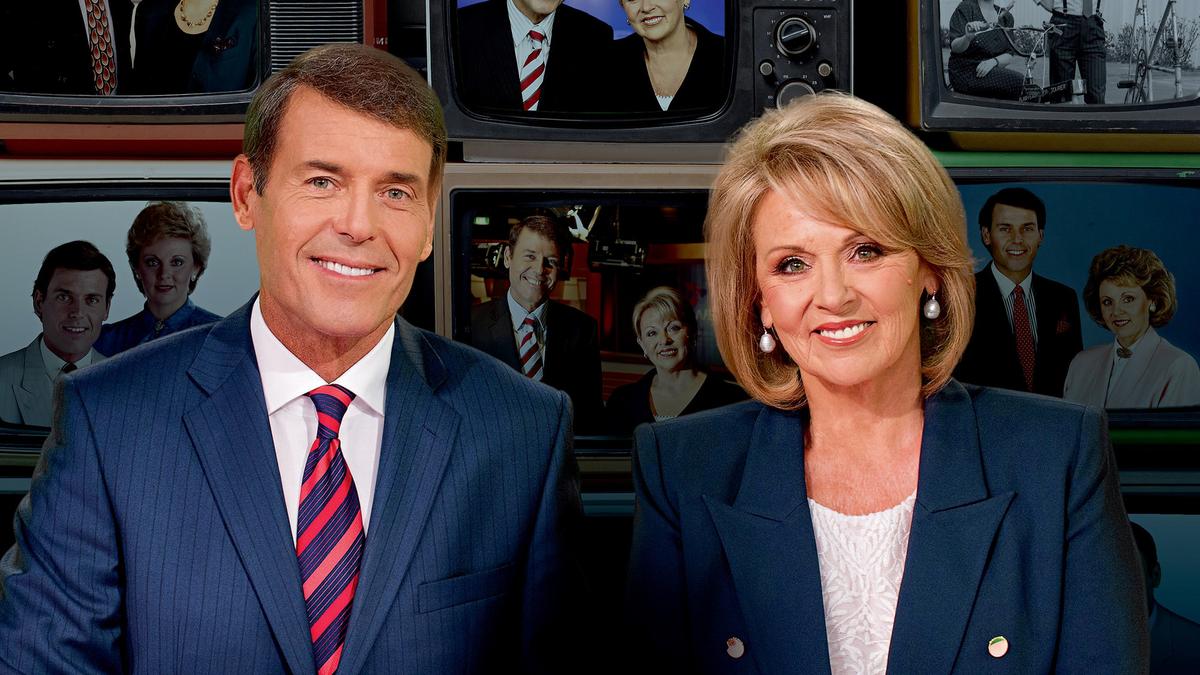
The Coalition parties have formally endorsed a new climate and energy policy, abandoning the commitment to net zero emissions in favor of prioritizing affordable power. This decision, announced on Sunday, has failed to alleviate the mounting pressure on Sussan Ley’s leadership of the Liberal Party.
The endorsement came during a virtual meeting of the Liberals and Nationals, culminating in a joint news conference with Ley, Nationals leader David Littleproud, and energy spokesman Dan Tehan. Despite this policy shift, Ley faces significant challenges as leadership contenders Angus Taylor and Andrew Hastie, both conservatives, have publicly emphasized immigration as a critical priority.
Political Landscape and Leadership Challenges
The announcement follows a period of internal party negotiations, with the Nationals’ earlier decision to drop net zero setting the stage for the Liberals’ policy unveiled last Thursday. The joint policy suggests that achieving net zero would be “a welcome outcome if achieved through technology, choice, and voluntary markets,” a concession to moderates within the party.
However, Ley’s leadership remains under scrutiny, especially in light of a recent RedBridge-Australian Financial Review poll. The poll indicates Labor’s lead over the Coalition at 56%-44% on a two-party basis, with the Coalition’s primary vote dropping to 24%, down five points in a month. Meanwhile, Labor’s primary vote has risen to 38%, and One Nation has surged to 18%, up four points.
“Ley’s net approval is minus 21; Anthony Albanese’s net approval is minus 2. Albanese leads Ley as preferred PM 40% to 10%.”
Policy Details and Implications
The Coalition’s pivot away from emissions reduction towards energy affordability marks a significant shift in policy direction. Ley emphasized that a Coalition government would legislate to scrap Labor’s targets and reassess short-term goals, maintaining that domestic energy policy would be a primary consideration.
Despite the opposition’s insistence that they could remain in the Paris climate agreement, the policy’s focus is on affordable energy for households and businesses. Ley stated that downward pressure on energy prices would result from changes in gas supply rules and the energy system’s operating regulations.
“Immediately, it starts to put downward pressure on prices by being technology agnostic about baseload power, injecting more gas supply into the system, opening up gas fields in Australia,” Ley explained.
Future Prospects and Leadership Tensions
Looking ahead, the expectation is that Ley will retain her leadership through the year, with potential challenges anticipated in 2024. The last parliamentary week in late November presents a practical opportunity for any immediate moves against her leadership.
Meanwhile, Angus Taylor has been vocal about the need for immigration reform, describing it as “hugely important” but “ridiculously high.” Hastie echoed these sentiments, emphasizing the need to cut Labor’s “uncontrolled immigration.” Ley has responded by prioritizing the release of an immigration policy to address these concerns.
Adding to the internal party dynamics, Taylor has advocated for greater roles for high-profile Liberal women, including Jacinta Price, Sarah Henderson, and Jessica Collins. These figures represent a significant conservative faction within the party, with Taylor stressing the importance of their involvement in future electoral success.
The Coalition’s recent policy shift and leadership dynamics reflect broader challenges within the party as it navigates internal divisions and external pressures. The coming months will be crucial in determining the direction of both the party’s policies and its leadership.






